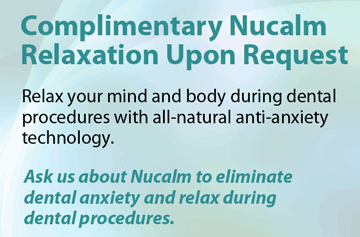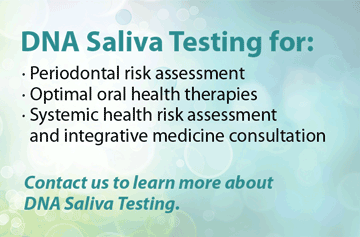
As the calendar changes from January to February, you may have already chosen a red outfit to wear on Valentine’s Day. But there’s another day to wear red before Cupid arrives: National Wear Red Day on Feb. 7th.
Each February, the American Heart Association (AHA) joins with other major medical organizations to draw attention to the importance of heart health. Their goal is to encourage people not to ignore the signs of decreasing heart health and to recognize the signs of a stroke and heart attack. Detecting these conditions—and getting early intervention—can make all the difference in long-term outcomes.
Why Is Heart Health Important?
Your heart health is a vital component of your overall health. Your heart’s functionality affects how the rest of your body systems receive oxygen and essential nutrients and cells. Simply put, when your heart is struggling, everything else falters, too. According to the U.S. Centers for Disease Control and Prevention (CDC), heart disease is the single biggest killer of Americans, regardless of background. In fact, the CDC estimates someone dies of heart disease every 36 seconds in our country.
Who Gets Heart Disease?
You may be under the impression that serious heart conditions—such as heart attacks, cardiac arrests, and strokes—only happen to older people. However, heart disease affects everyone, and it can strike at any age. In fact, many population groups in the U.S. go underdiagnosed because of our incorrect notions of who traditionally gets heart disease. This is certainly the case for women—experts note that heart attacks are usually more severe in women, and women are more than 50 percent more likely to die in the first year after having a heart attack when compared to men.
Why Is Heart Disease on the Rise?
Unfortunately, heart disease is on the rise in the U.S. and worldwide, according to the American College of Cardiology (ACC). This is likely because the conditions that predispose people to develop heart disease—such as obesity, high blood pressure, and high cholesterol—are also on the rise. The CDC notes that heart disease is occurring at a younger age, in people ages 35-64, and nearly one-half of all Americans have at least one heart disease risk factor.
How Can You Prevent Heart Disease?
It may feel intimidating to confront the reality of heart disease in the U.S. Sometimes genetic conditions can make you more likely to develop heart disease. However, heart disease also has a significant behavioral component, and your ability to prevent heart disease is largely within your control.
According to the National Institutes of Health (NIH), here are some holistic steps you can take to prevent heart disease:
- Reduce your risk as much as possible by eliminating smoking and decreasing your alcohol intake
- Get at least 150 minutes of moderate-intensity exercise weekly
- Get preventative check-ups so that a health professional can monitor heart-related parameters such as your body mass index (BMI) and blood pressure
- Eat a diet rich in fruits and vegetables and low in added sugar and saturated fat
- Prioritize stress management and sleep
- Maintaining good oral hygiene through regular brushing, flossing, and dental visits can help lower your risk of gum disease and systemic health problems. By taking care of your smile, you’re also protecting your heart.
If you have an increased risk of heart disease because of a family history or another medical condition, make sure to ask your medical provider and Dr. Isaac Comfortes about any additional steps you can take to reduce your risk.
Total Health Dentistry of Encino Is the Go-to Dental Practice for People with Heart Disease and People at Risk
We invite you to read these additional articles and share with us your health concerns and goals. For an appointment at our Encino, CA office contact us.
IMPROVE YOUR HEART HEALTH – Encino dentist Dr. Isaac Comfortes, D.D.S.
WHY YOUR SMILE MATTERS MORE THAN YOU THINK – Encino dentist Dr. Isaac Comfortes, D.D.S.





 The general, cosmetic and reconstructive dental practice of Encino dentist Dr. Isaac Comfortes is devoted to restoring optimal oral health, which supports whole body health and enhances the natural beauty of smiles.
The general, cosmetic and reconstructive dental practice of Encino dentist Dr. Isaac Comfortes is devoted to restoring optimal oral health, which supports whole body health and enhances the natural beauty of smiles.